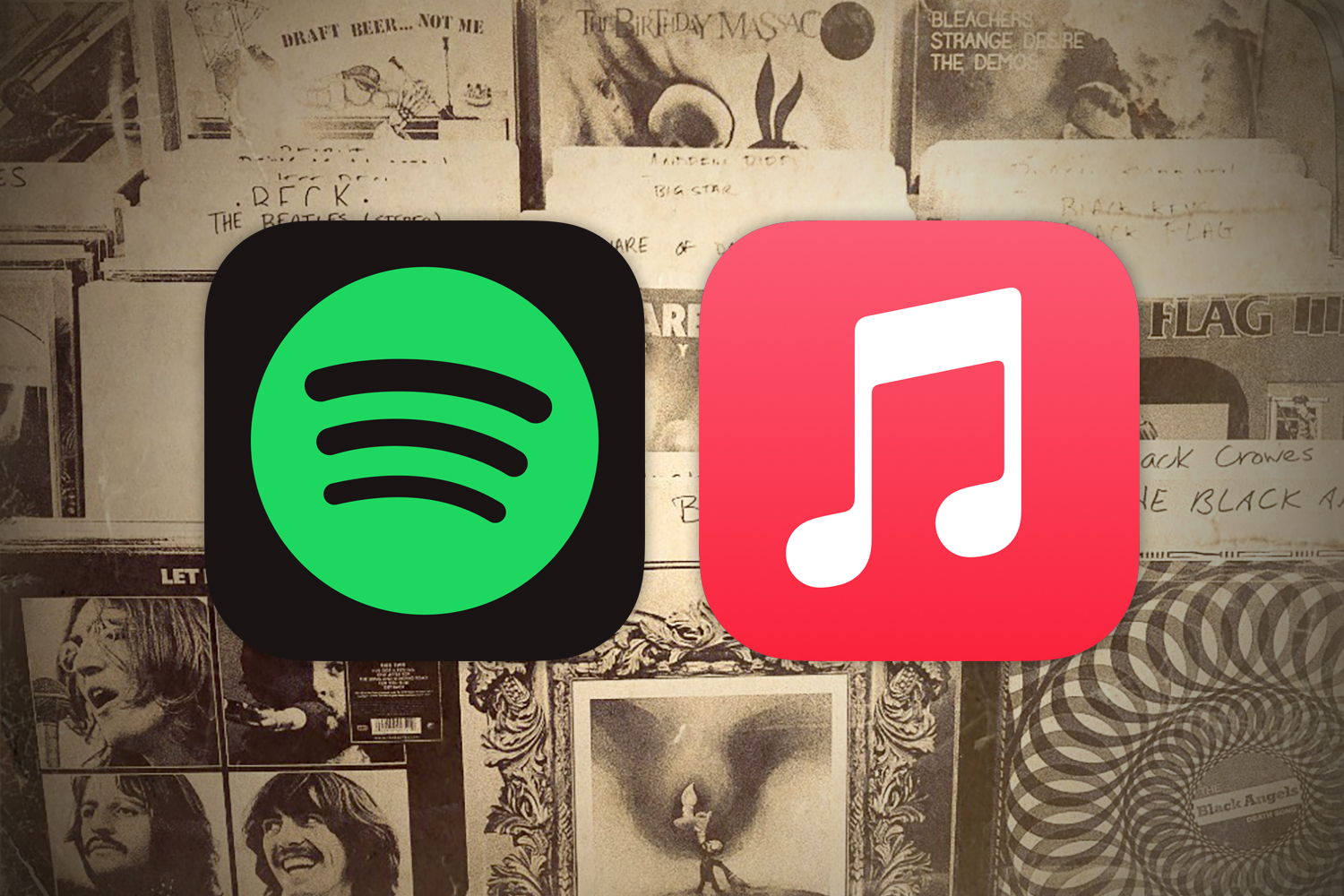
[ad_1]
My daughter recently turned ten. At her age, I’d just received a Saisho midi system as a gift. It had a radio, twin cassette decks, and a graphic equaliser that ambitiously suggested you might be able to magic reasonable audio from the thing. Not that quality sound mattered back then. This was the era of the cassette tape, which made your favourite band sound like they were performing in your garden. From the inside of a bin.
At the time, I was fortunate enough to get a small sum of weekly pocket money. If I saved up, I could occasionally buy a new album – far better than listening to songs recorded off the radio, ruined by DJs talking over them. My collection was therefore small. It was also awful. But then I was ten – and ten-year-olds have no taste.
Or, more accurately, had no taste. Because streaming changed music forever, and kids listen to all kinds of great stuff – old and new – these days. My daughter is a case in point. Her set-up is very different from what I had. She has an old iPhone (with no SIM), a HomePod mini and access to our family’s Apple Music subscription. She owns precisely no music, and yet has access to over 100 million songs.
Always believe in your soul
Sorry. It’s in my head and so it now has to be in yours too.
Right now, she’s obsessed with precisely one of them: Gold, by Spandau Ballet. She finds it hilarious to blast that song out before bedtime. Or any other time I’m around. And then we sing it together. I’ll one day look back on these moments fondly, once I’ve recovered from the trauma of Tony Hadley living in my head 24/7.
However, I find it strange to remember when that track first appeared. My daughter dancing around her room to an ’80s pop hit is the rough equivalent to 10-year-old me getting excited about music from 1945. Which didn’t happen. And not just because 1945 wasn’t awash with pop music, but also because when I was younger, everything was about what was happening right now. By contrast, many of today’s kids appear to have a more relaxed approach to when music they consume was released. In short, they don’t care. My own youngling is just as happy listening to Taylor Swift, Billie Eilish, Kraftwerk, Blur or, well, Spandau Ballet. Her friends are much the same.
This sense of not having to ‘be’ one type of music fan, limiting yourself to what’s popular today and a few accepted classics, extends to kids who grew up in the early days of streaming. Speaking to people in bands who’ve been around for many years, they say you’ll often see people in their 40s and 50s at gigs, watching artists in their 50s and beyond, surrounded by people aged anything from 18 to 80.
You’re indestructible – always believing
Despite my grumping, some indie artists have figured out how to thrive in a world where streaming changed music, such as Penfriend.
I find this aspect of how streaming changed music exciting. It’s upended listening habits, irrevocably. It’s broken down barriers. And short of every streaming service collapsing into the same state as TV, where each label takes its ball home, people will long have access to millions of tracks, for the same monthly price as a single new album.
But they’re not going to buy albums. And that makes it harder for artists to make a living. Spotify last year said it would rework how it pays artists, lopping off those it considered generated minimal streams. And it’s not like streaming paid well in the first place. I’ve lost count of how many bands have said they wish they could turn the clock back. Because although 95% of people would pirate their songs, 5% would buy them, which provided a bigger cut than anything streaming offers.
There are ways to fight back. Patreon. Bandcamp. But they are too often the preserve of the dedicated – or old farts like me who can’t let go of owning music. My fear is if you never get into the habit of buying music in the first place, you never will. And that may leave younger generations with a diminishing pool of new creators who can fully dedicate their lives to their art – especially if AI companies further hollow out the market by replacing human tracks with personalised automatically generated rubbish.
Still, at least we’ll always have Spandau Ballet.
[ad_2]






